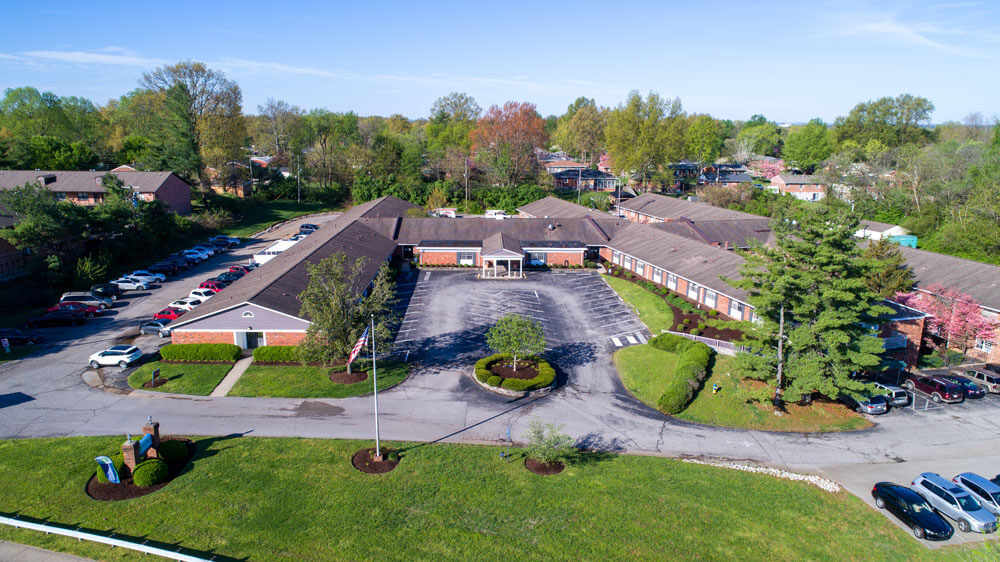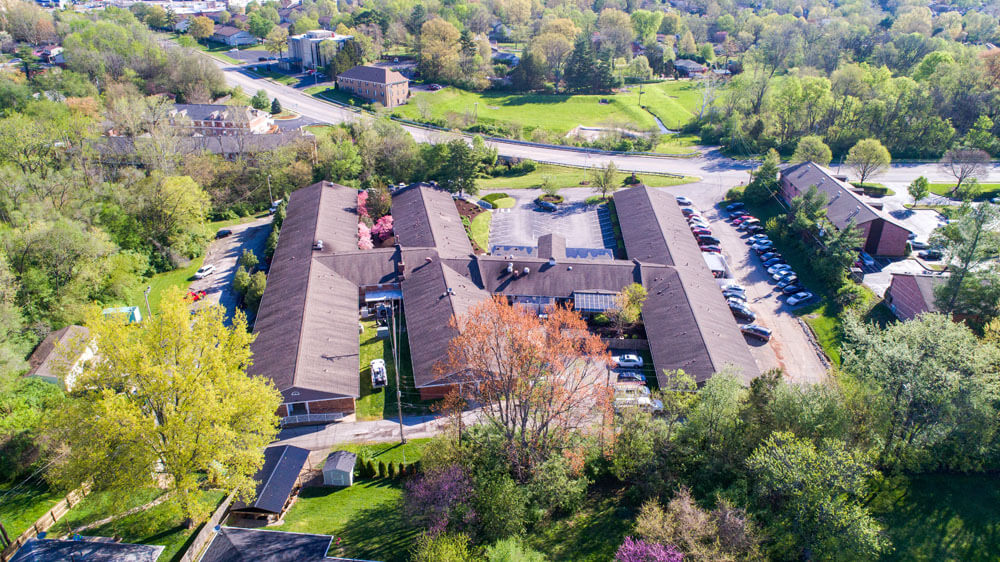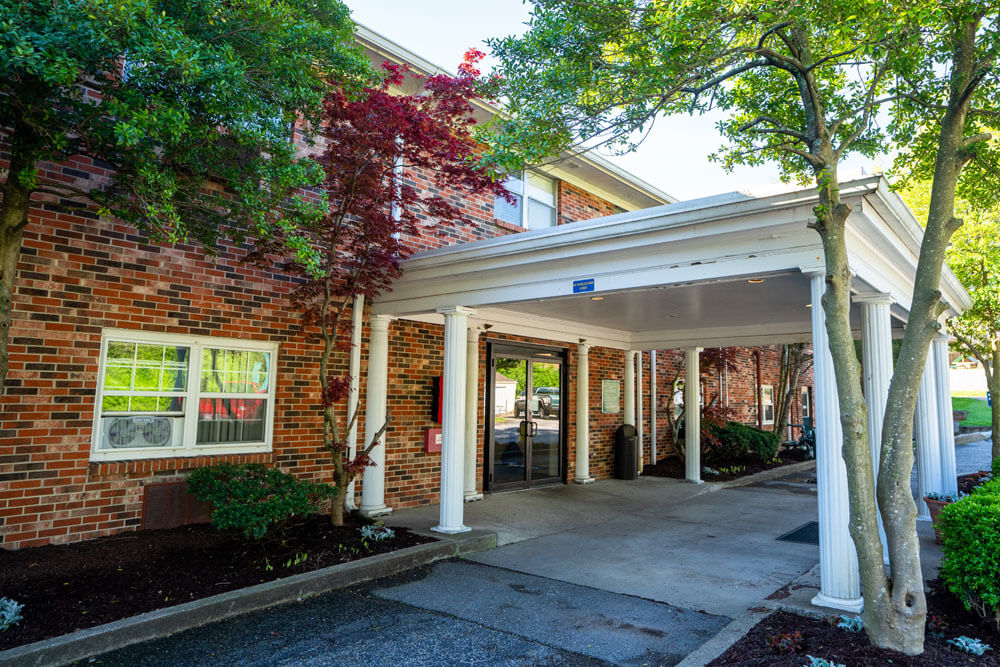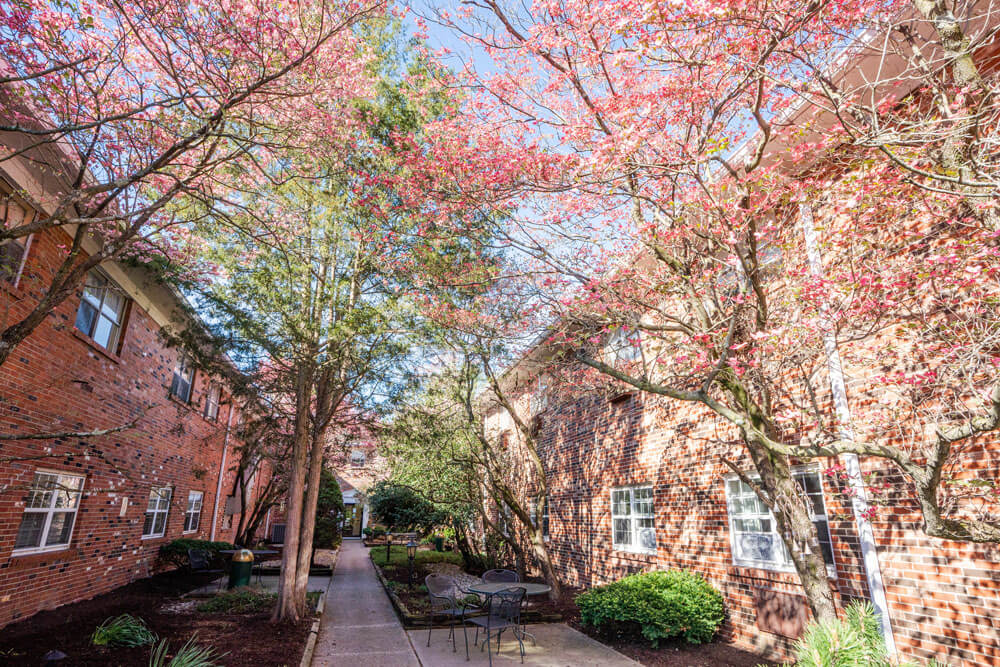
What is Memory Care?
Memory care is a specialized type of service specifically for persons living with Alzheimer’s disease, dementia and other types of memory impairment.
We help residents achieve a full life by tailoring care to their individual needs. By creating a safe and structured environment and founding their day on set schedules or routines, our staff can focus on individual strengths and help our residents feel more like themselves.
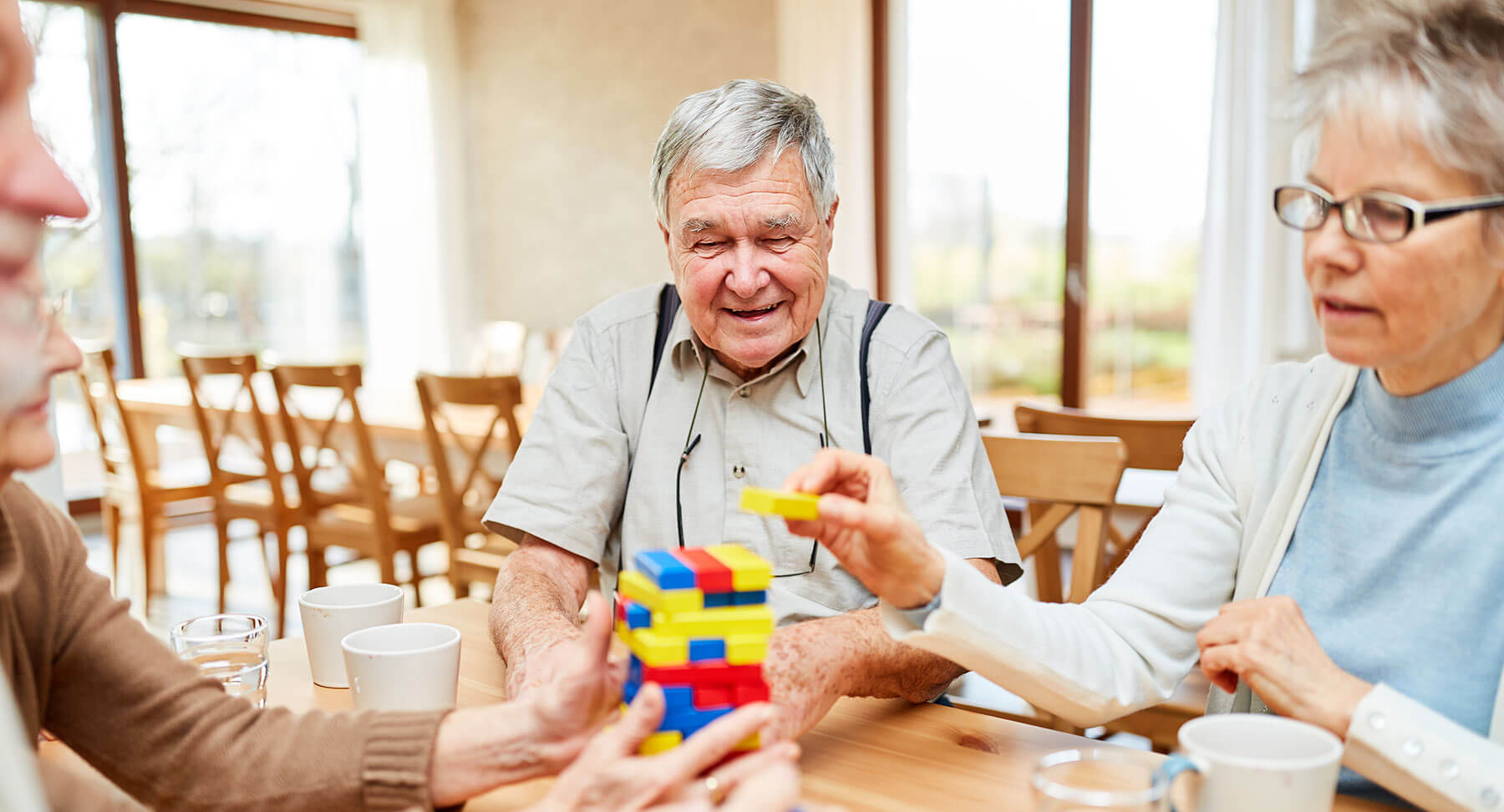
Why Monarch?
The butterfly symbolizes the transformation that comes with Alzheimer’s disease, dementia, or other conditions which cause memory impairment. When we understand each resident’s journey, our staff can focus on individual strengths and help our residents feel a sense of normalization.
Specialized memory care is the best solution as residents progress with dementia or cognitive changes. In addition to providing a safe environment, memory care programs seek to delay cognitive decline while providing the opportunity for a social, independent lifestyle.
Alzheimer’s Association recognition
Our Monarch Memory Care Program is recognized by the Alzheimer’s Association® for incorporating the evidenced-based Dementia Care Practice Recommendations in the following topic areas: Alzheimer’s and dementia, person-centered care, assessment and care planning, activities of daily living, and behaviors and communication.
*The Alzheimer’s Association statement of recognition is not an endorsement of the professional training or evaluation of the care provided by the facility. The statement is valid for two years from the date of issue.
Benefits of a Memory Care Program
Provide a Safe and Secure Environment: The primary goal of a memory care program is to give caregivers and their family peace of mind knowing that their loved ones are in a place where the risk of danger from things like falls and wandering is reduced as much as possible.
Maintain Cognitive Abilities: Quality memory care programs use the latest techniques to provide cognitively enhancing activities and therapies, which may lower the risk of cognitive decline.
Address Dementia-Related Behaviors: Science-based interventions for all types of behavioral expressions as dementia progresses are key parts of a quality memory care program. Staff are extensively training on how to approach and handle delicate and difficult situations with residents exhibiting these tendencies.
Facilitate the Highest Possible Quality of Life: Memory care programs have the resources and ability to provide independence balanced with safety, and opportunities for positive social interaction, group functions, and other stimulating activities.
Social Connection & Meaningful Engagement
We incorporate the National Wellness Institute’s six dimensions of wellness into our daily activities to build a sense of wellness and fulfillment. The six dimensions of wellness include emotional, occupational, physical, social, intellectual, and spiritual.
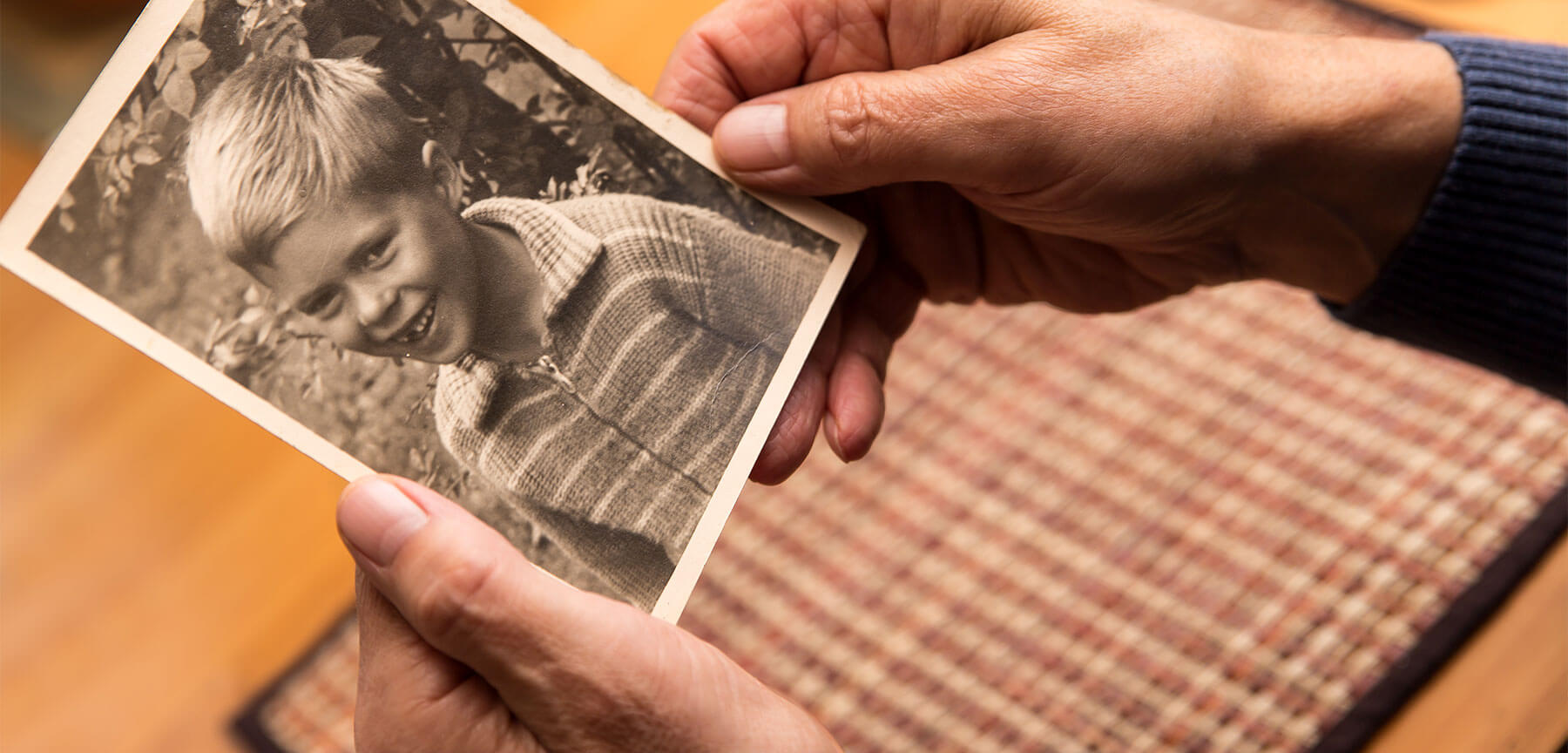
Person-Centered Care
We recognize that everyone has a unique life story. We take special care to learn as much as we can about each resident and get to know them as a person.
Every experience and interaction can be seen as an opportunity for engagement that is meaningful to, and purposeful for, the individual living with dementia, and should exist within an authentic caring relationship and overall supportive community for the individual, families and staff.
Some of the tools we use to learn about each resident:
- The Social History Form helps us get to know each resident as a person, understand their likes and dislikes, and tailor their services accordingly.
- A Functional Needs Assessment helps us learn about physical abilities and clinical issues that impact the resident’s daily life.
- The Global Deterioration Scale (GDS) Cognitive
Assessments helps us understand the cognitive deficits and set realistic goals for living situations and therapy, as well as to maintain independence and improve quality of life for individuals with dementia.
Family Support & Involvement
Making the decision to place a family member in a memory care community can be a profoundly difficult choice for a family. It is our goal to support our families by maintaining an open-door policy, providing educational and social opportunities and partnering with the Alzheimer’s Association to provide additional resources.
Caregiver Education
Our memory care unit leader receives Certified Dementia Practitioner (CDP) training, which is the highest standard in Alzheimer’s and Dementia education.
Memory care employees receive:
- Monarch Program Training
- Teepa Snow Ongoing Education
- Global Deterioration Scale Training
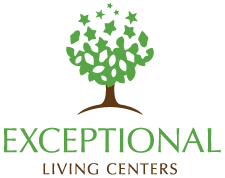
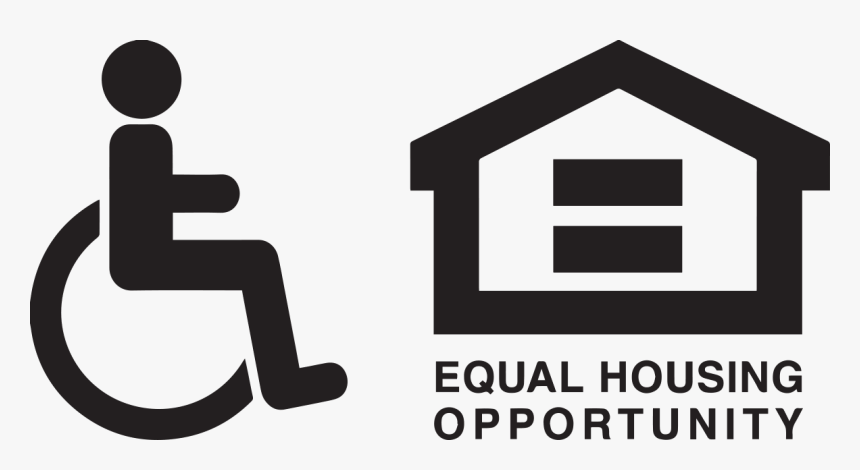

Copyright © Exceptional Living Centers| Crafted by Harris & Ward | Accessibility



